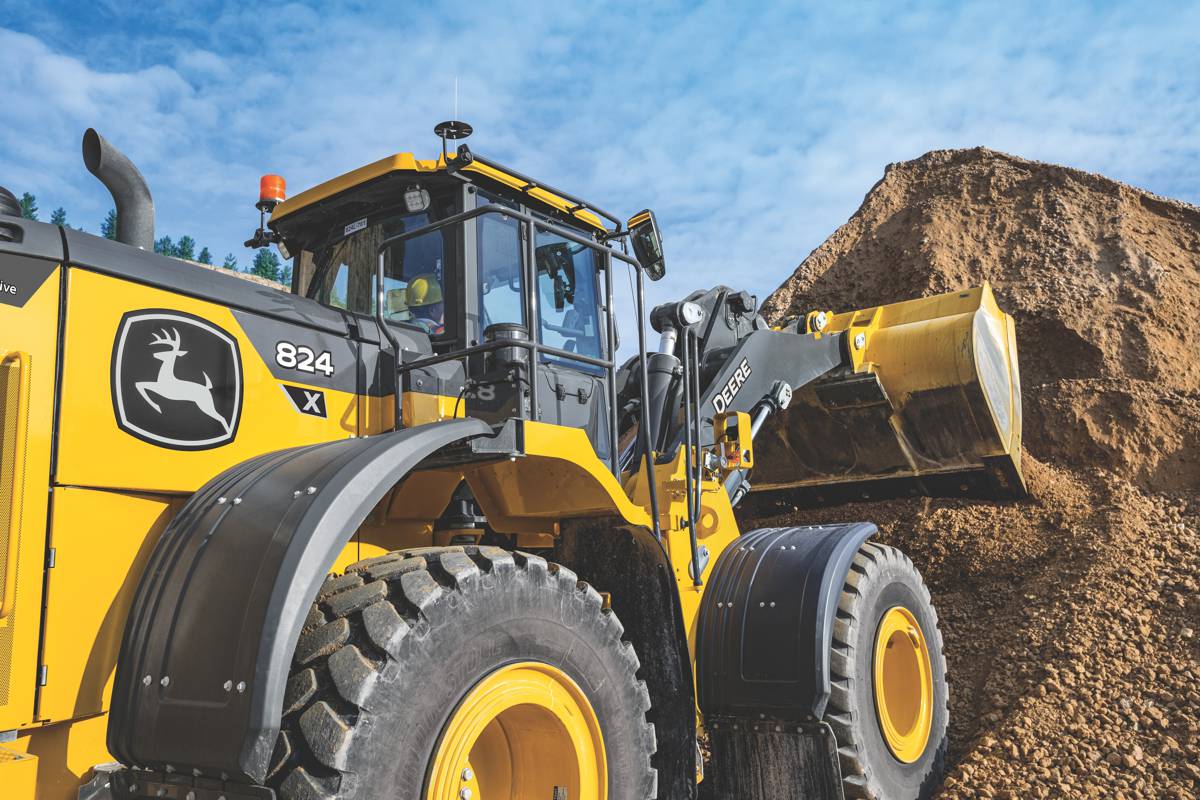When it comes to Tyres, Commercial Fleet Operators should go Digital
With the price of a single 18-wheeler tyre ranging from £250 each to £555, proper maintenance should be a top priority for fleet managers to eliminate immobilization costs. Tyres are a big line-item, which is why commercial trucking companies must continuously monitor and keep track of each individual tyre to minimise tyre breakouts, reduce operational costs and increase vehicle mileage.
The good news is that commercial fleet companies can digitise the tyre data collection process to manage tyres quickly and easily. With mobile data capture, fleet operators can manage thousands of tyres by tracking each tyre individually, ensuring perfect data recording that drives four key benefits.
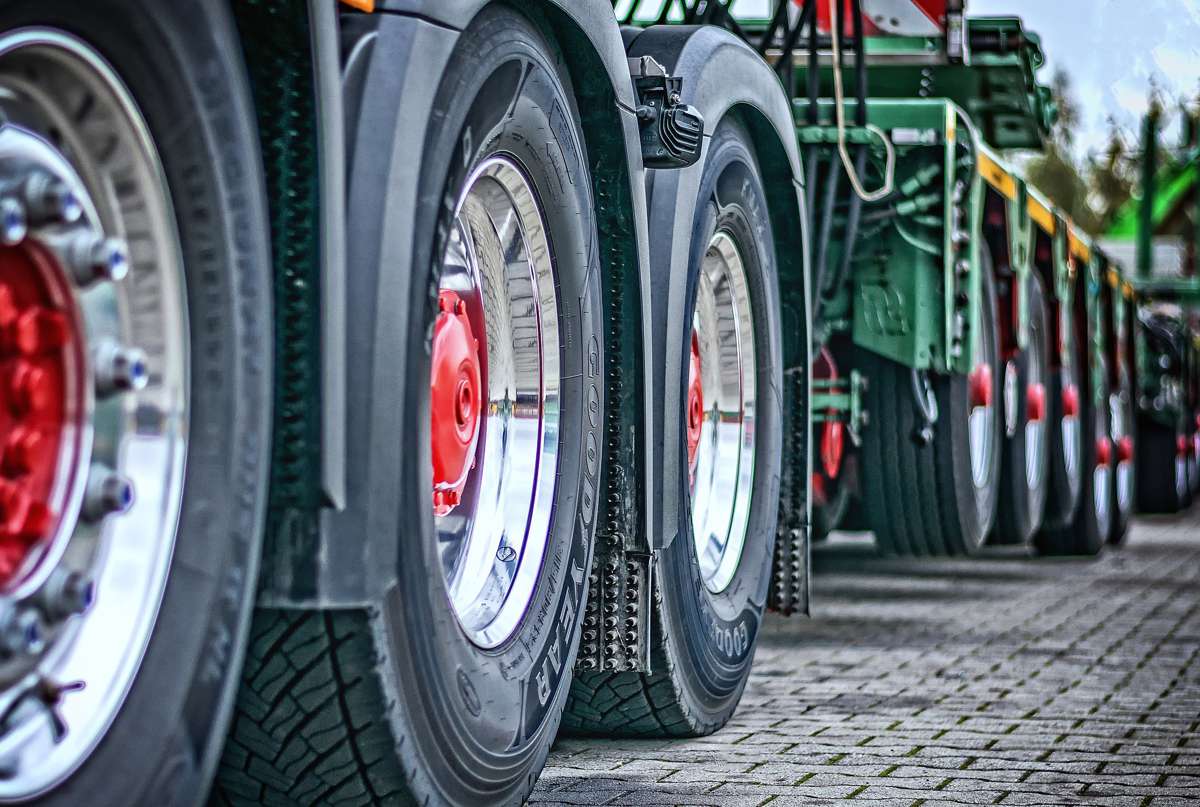
1. Manage tyre inventories at scale
Many commercial fleet operators still rely on manual methods of entering data from tyres. This process makes it harder for fleet managers to track individual tyres accurately, and poses challenges for tyre dealers to find and manage inventory quickly and at scale. If the average tyre on an 18-wheeler costs about £415, each individual truck is worth at least £8,000 for its tyres alone – and that doesn’t even take into account what the truck is carrying inside the bed. With that in mind, it’s essential for fleet operators to be able to easily and effectively manage tyre inventories.
By implementing AI-enabled technology that uses optical character recognition (OCR), tyre technicians and fleet managers alike can scan tyre data instantly with any mobile device. With a simple scan of Tyre Identification Number (TIN) or DOT code on a tyre’s sidewall, fleet companies immediately have access to all the needed information on a tyre, such as health or how long it’s been sitting in storage. This makes it possible for fleet operators to keep tabs on inventory, knowing that tyres haven’t been stolen or replaced when they shouldn’t be, and it also allows them to track spare parts.
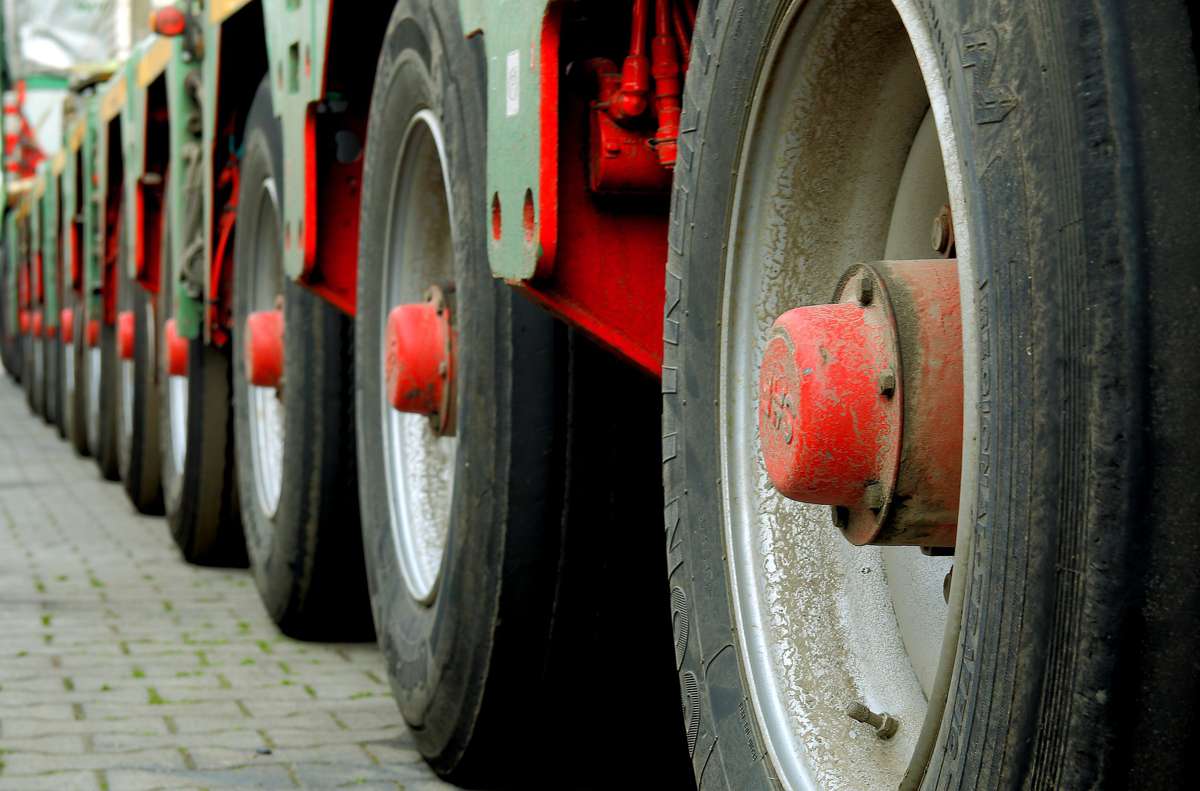
2. Improve productivity and reduce operational costs
Automating tyre data entry also makes it possible for commercial fleets to streamline operations, ranging from managing drivers and routes to controlling costs and minimising the time it takes to perform maintenance checks on trucks. With mobile data capture technology, drivers and fleet managers can use their phones to scan tyre details from the sidewall in seconds, which can then be transferred to an online database.
Keeping track of individual tyres reduces operational costs for fleet operators, since using OCR technology provides immediate access to any information about the tyre to keep the business running smoothly. As well, with data being transferred accurately and reliably, this removes the possibility of human error, saving drivers and fleet managers valuable time.
As the cost of tire acquisition and leasing is already implemented in operations, a top concern for fleet operators is the cost of immobilization if tyre issues arise. When servicing large fleets over time, fleet managers must ensure that technicians are accurately documenting thousands of data points. With AI-enabled technology and mobile data capture, operators can save time via automation of data collection and money with preventive maintenance care for tyres. Mobile data capture also makes tread measurements faster and more reliable, guaranteeing that one single point of measurement is accurate.
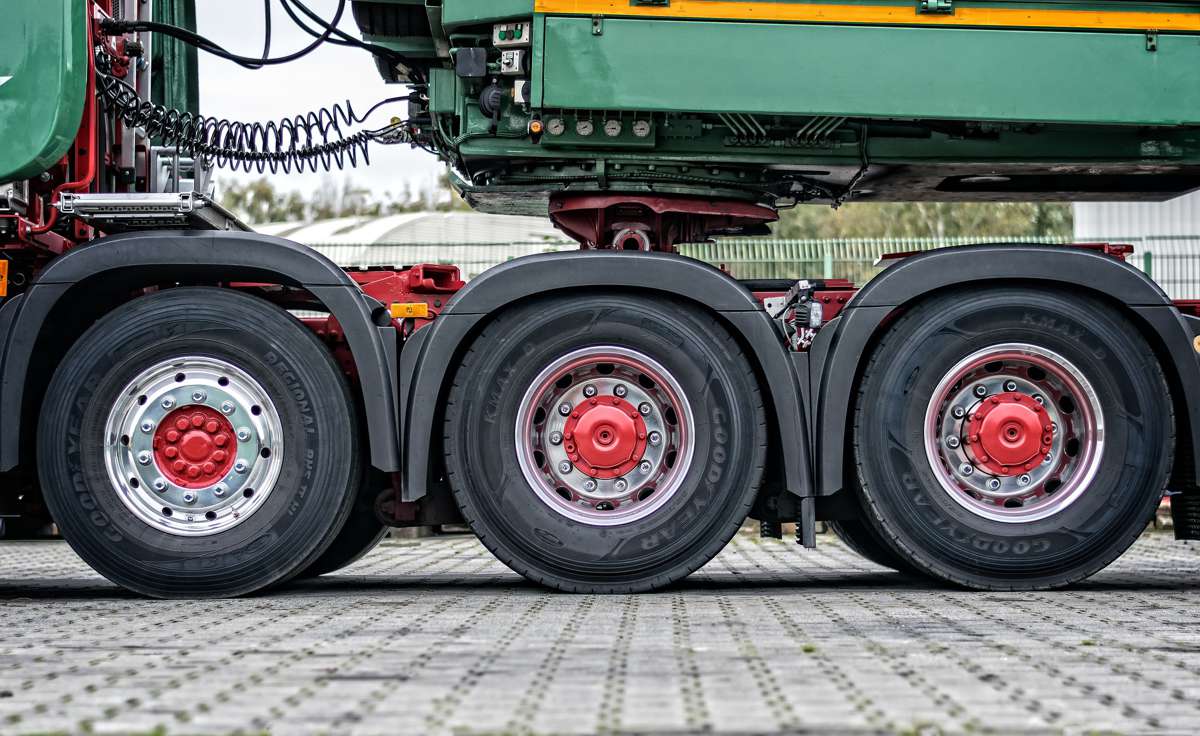
3. Gain full visibility of tyres at every stage
Commercial fleet operators have to deal with thousands of tyres at a time, all at different stages of the business. However, having visibility on each individual tyre at any given location, while essential, can be an arduous process. It’s a hassle for employees to keep track of all the vehicles and parts, and extremely time-consuming if they are using manual data entry methods to enter important data, such as license plates, vehicle identification numbers (VINs) and vehicle part numbers.
With mobile data capture, fleet companies can have eyes on tyres at every stage, whether they are sitting in storage or on the road with an 18-wheeler. Having 100% visibility on tyres also makes it easy for fleet operators to manage tire recalls, as drivers and fleet managers can consistently measure key data points to ensure tyres are healthy and safe to use.
4. Improve safety on the road for all drivers
When drivers and fleet managers can digitally track their tyres, not only is it easier to keep up with inventory and increase productivity, but it also makes it possible to know exactly when tyres need to be replaced and when there is something wrong. This improves road safety for drivers of fleets as well as individuals traveling in personal vehicles.
Data capture technology enables fleet operators and drivers to ensure tyre quality accurately and efficiently, removing dangerous and defective tyres from circulation. Fleet operators can also easily record observations about the tyres, including issues that need immediate attention or will soon, such as small cracks in rubber that show signs of aging. This may not justify the replacement of the tyre at the time, but notifies them of what will need to be done in the future. AI-enabled technology increases safety for all drivers on the road, whether they are in a fleet or in a car.
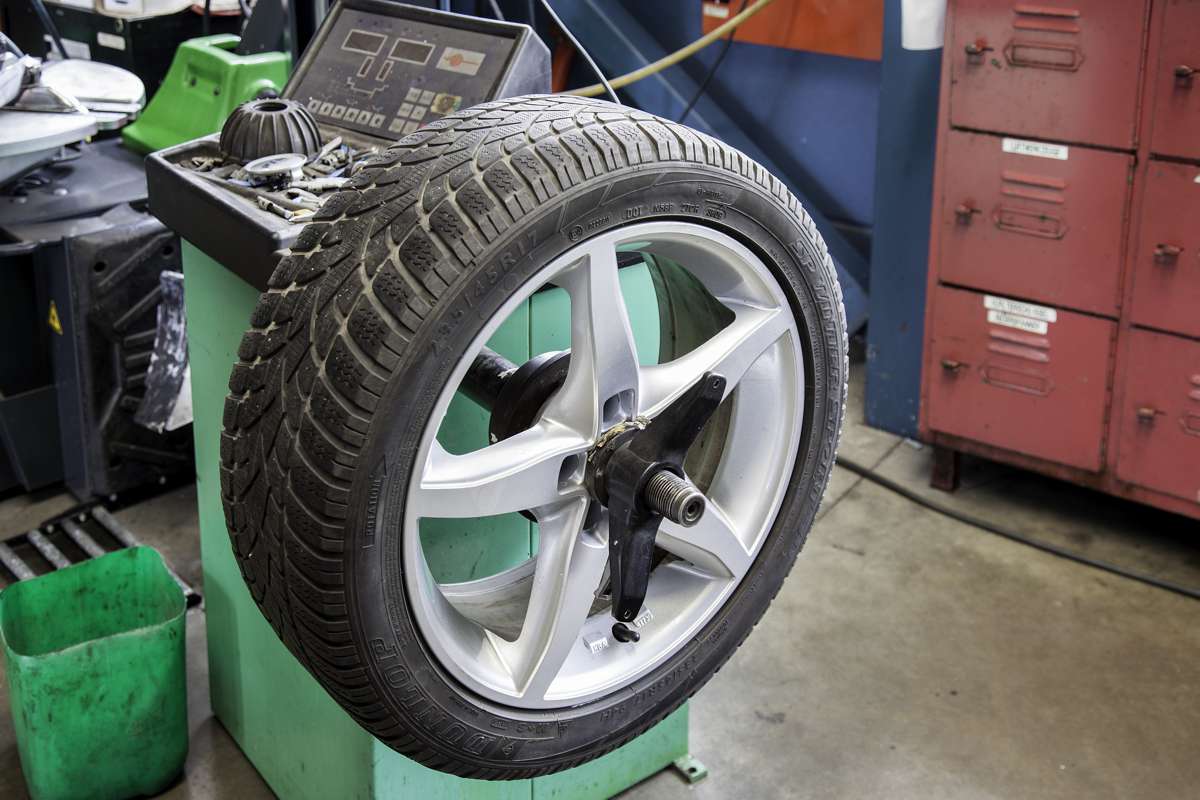
Optimize productivity and reduce costs with digitization
Costs are increasing across the board for fleets, with total costs of ownership jumping by 15-30% in 2022. To counter rising prices, digitising will be a crucial investment for fleet operators looking for a drive in efficiency. Implementing mobile data capture and AI-enabled technology into processes is essential for commercial fleet operators, as it makes it possible for fleet managers to efficiently and effectively oversee inventory, improve productivity and achieve full visibility, resulting in a reduction of operational costs.

Article by Lukas Kinigadner, CEO and founder, Anyline.










